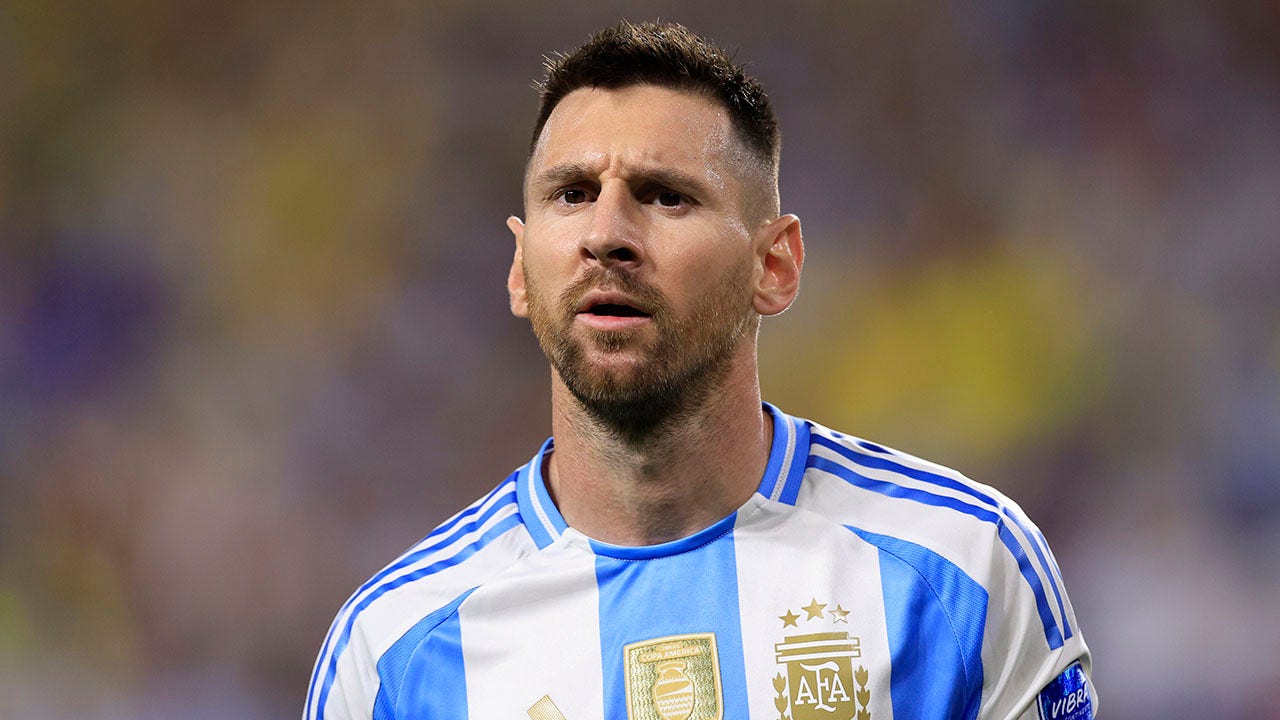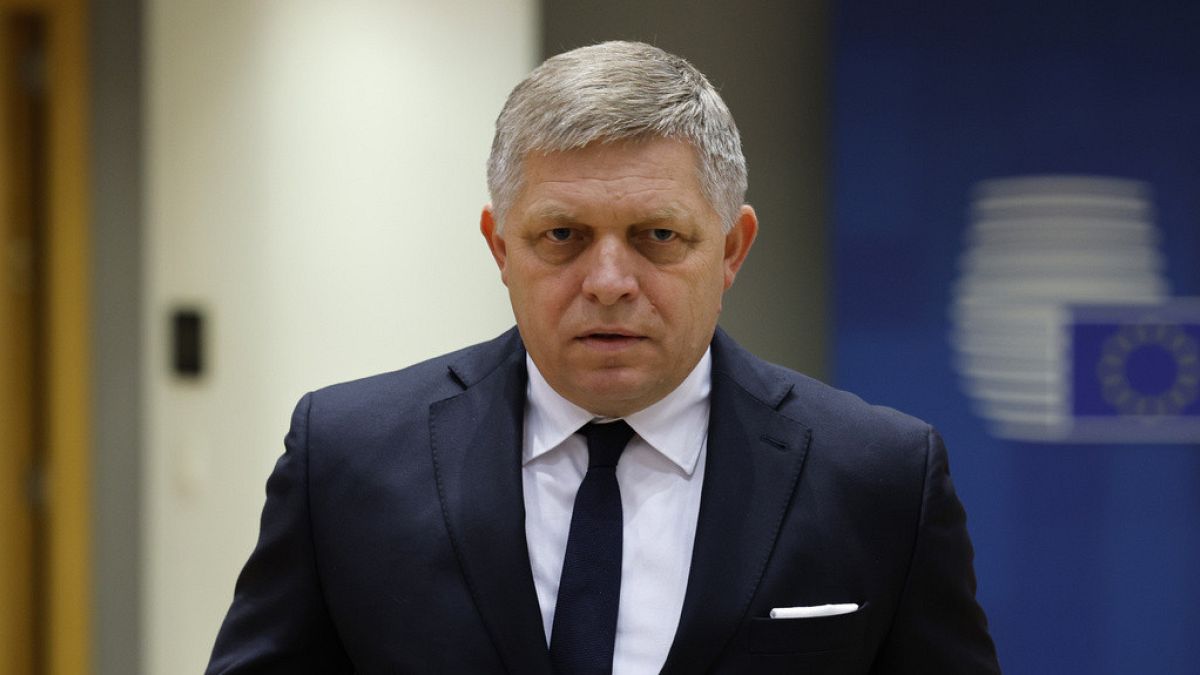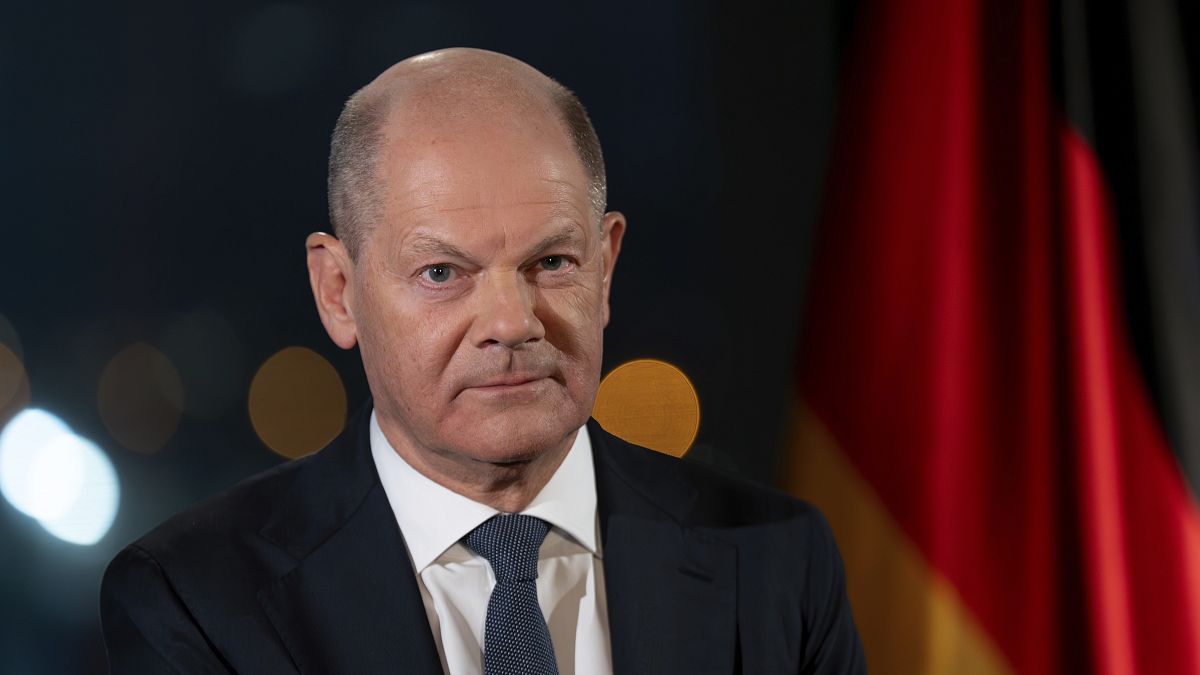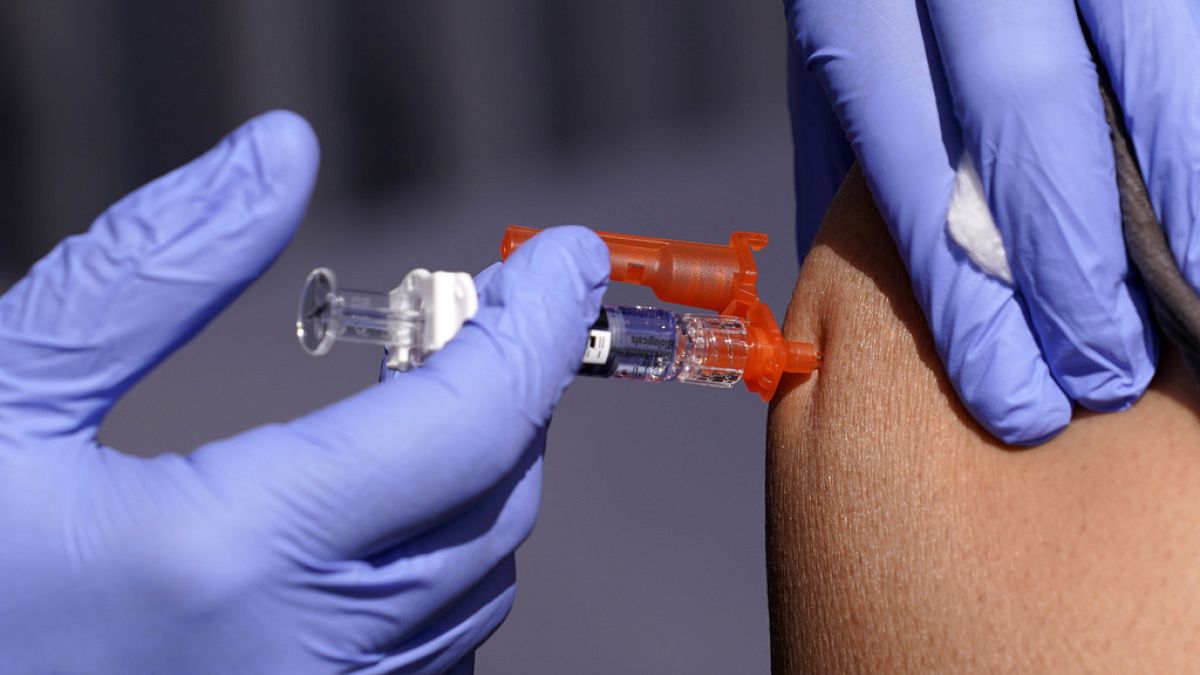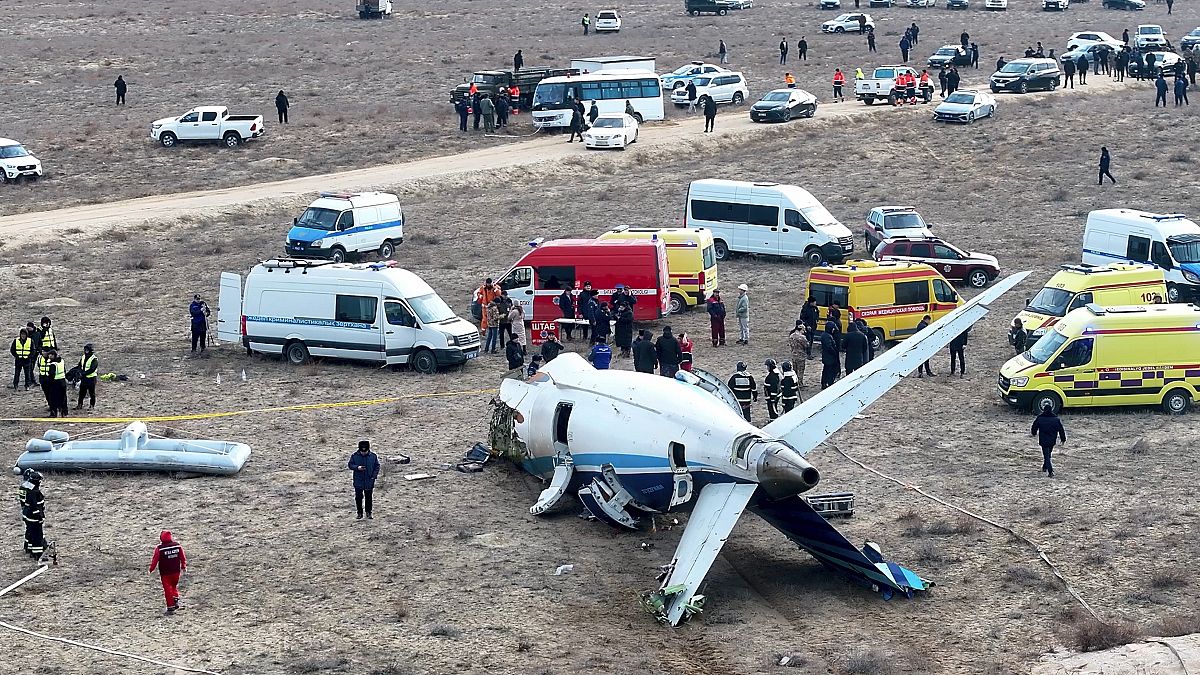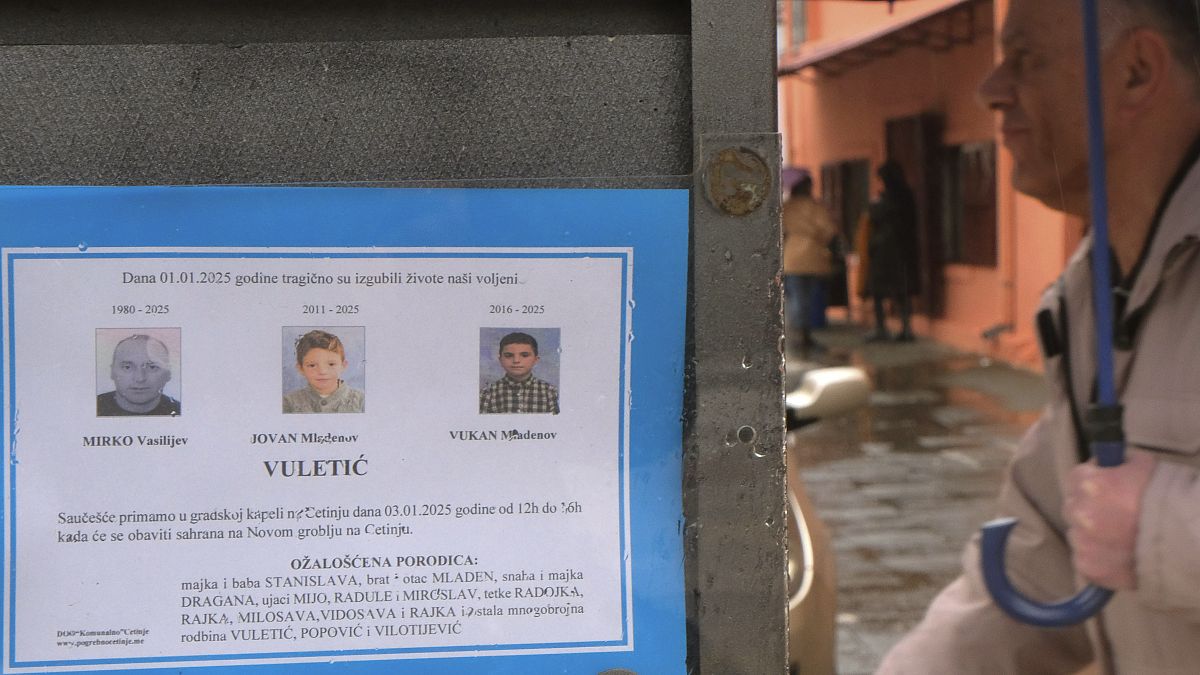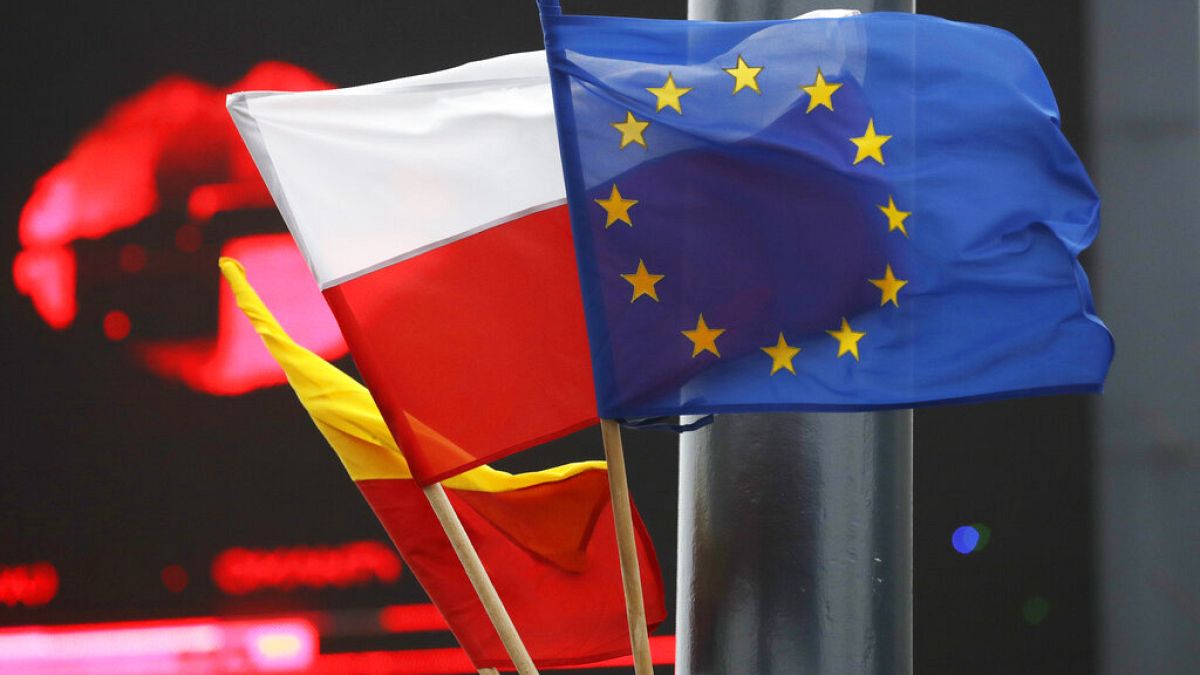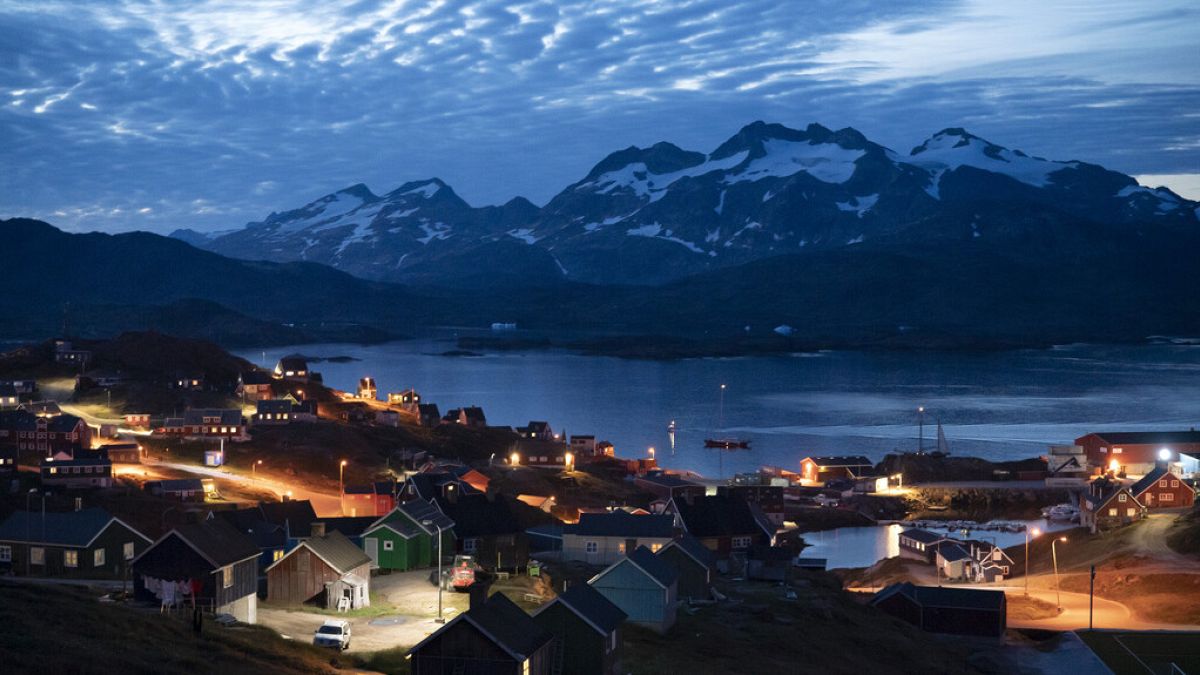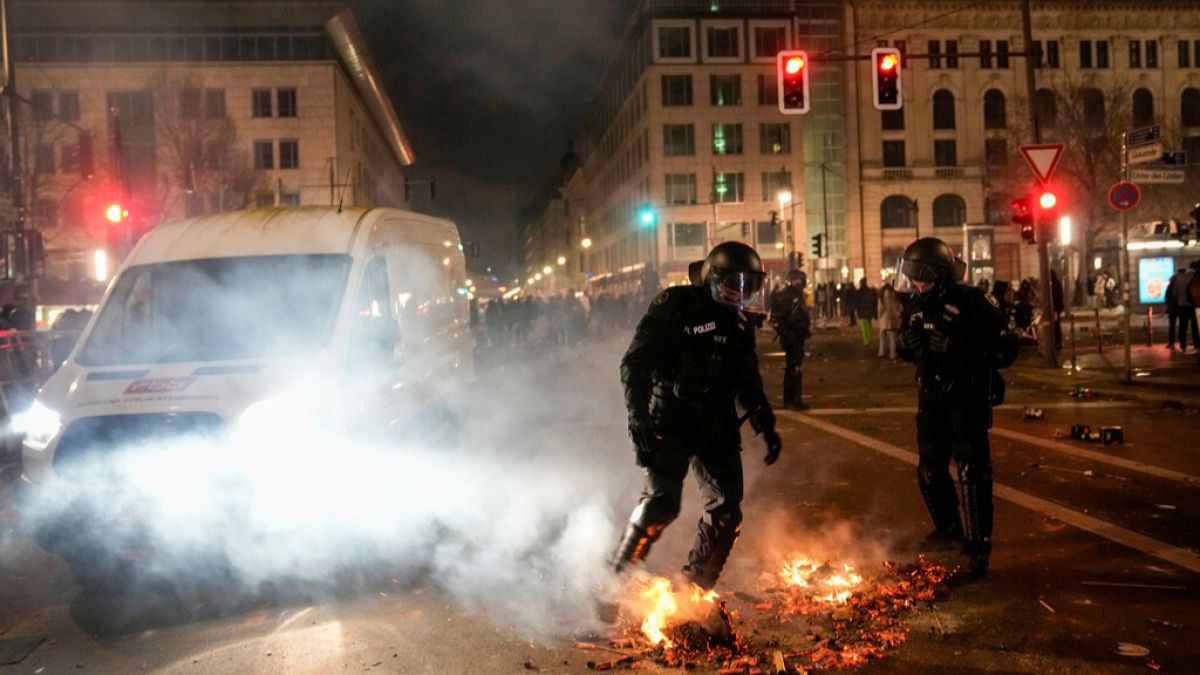Slovakia’s Kremlin-friendly PM Robert Fico said the termination of the gas transit deal between Kyiv and Moscow would have a “drastic impact” on the EU.
Ukraine’s decision to stop Russian gas flowing to EU states through its pipelines will hurt the bloc rather than Moscow, Slovakia’s Prime Minister Robert Fico has said.
Russian gas exports via Soviet-era pipelines running through Ukraine were halted on 1 January after Kyiv refused to renew a pre-war transit deal with the Kremlin’s state energy giant Gazprom. The arrangement between Kyiv and Moscow had been in place for decades.
Slovakia had spent months trying to persuade Ukraine to renew the deal due to its reliance on cheap Russian gas, arguing that a failure to do so would lead to increased energy prices domestically and higher costs for the EU. Fico and Ukraine’s President Volodymyr Zelenskyy publicly argued in recent weeks as the end of the deal drew nearer.
“Halting gas transit via Ukraine will have a drastic impact on us all in the EU — but not on the Russian Federation,” Fico said in a New Year’s Day address posted on social media.
Fico previously said the end of the gas deal could cost the EU €120 billion over the next two years or so. Slovakia would lose up to €500 million annually in transit fees, he said.
The country’s Kremlin-friendly PM met Russian President Vladimir Putin last month in Moscow to discuss gas supplies among other issues. Fico is only the third EU leader to have visited Putin in the Kremlin since Russia’s full-scale invasion of Ukraine in early 2022.
Following that visit, Fico last week said Slovakia would consider “reciprocal measures” against Ukraine, such as halting backup electricity supplies to its eastern neighbour. Kyiv dismissed the threat immediately, and Poland said it is prepared to boost energy exports to Ukraine in such a scenario.
Slovakia had been receiving about 3 billion cubic metres (bcm) of gas annually from Russia via Ukraine, amounting to two-thirds of its needs. However, Bratislava said this week that it will not face a gas shortage due to the loss of Russian supply.
Last year, Slovakia signed a short-term pilot contract to buy natural gas from Azerbaijan and a deal to import US-sourced liquefied natural gas through a pipeline from Poland. Slovakia can also receive gas through Austrian, Hungarian and Czech networks, enabling imports from Germany among other potential suppliers.

